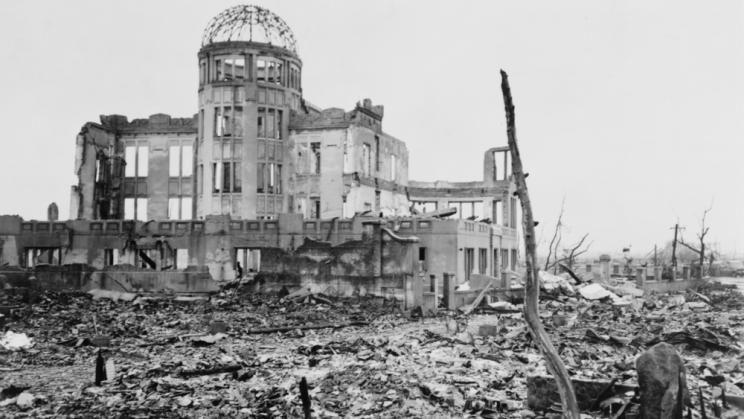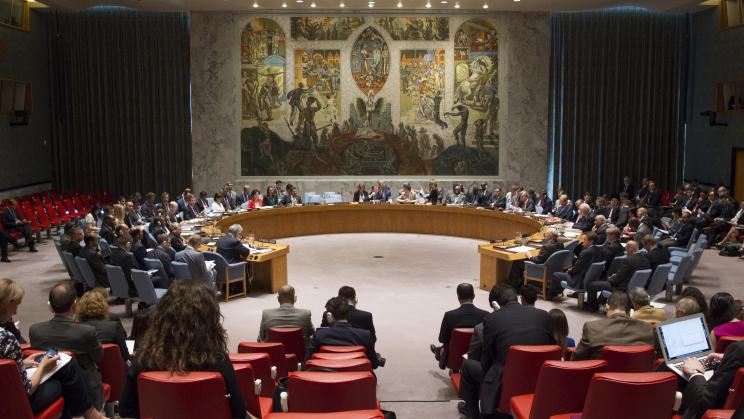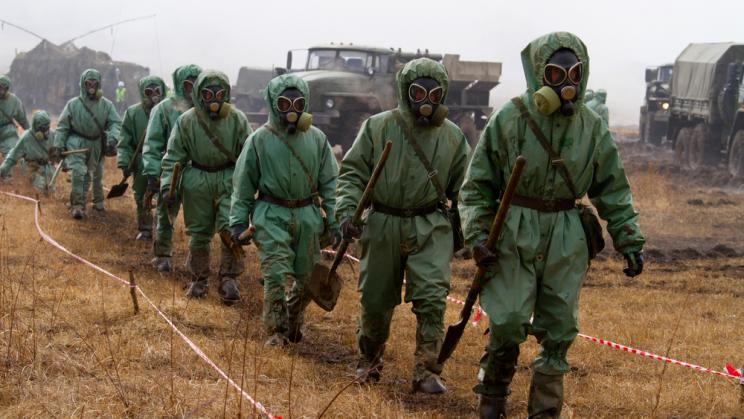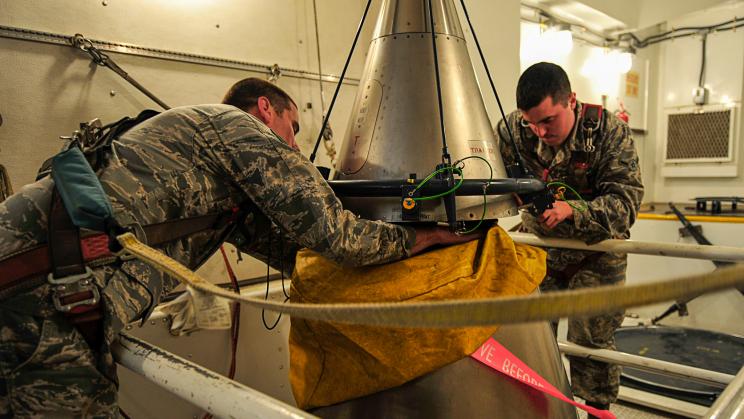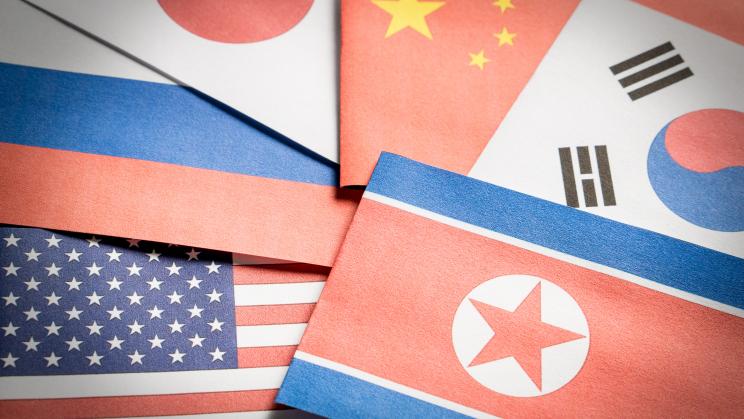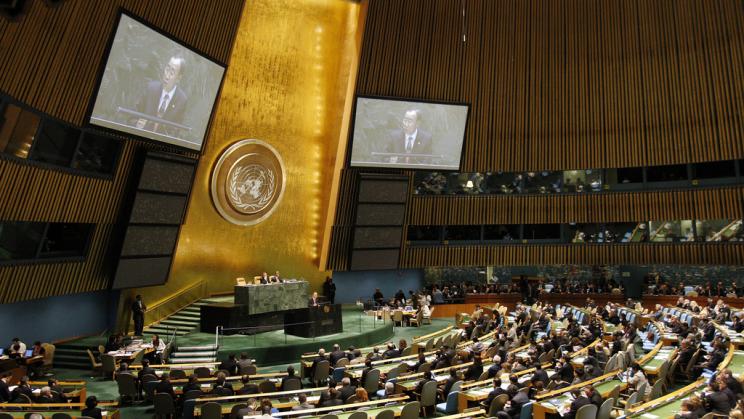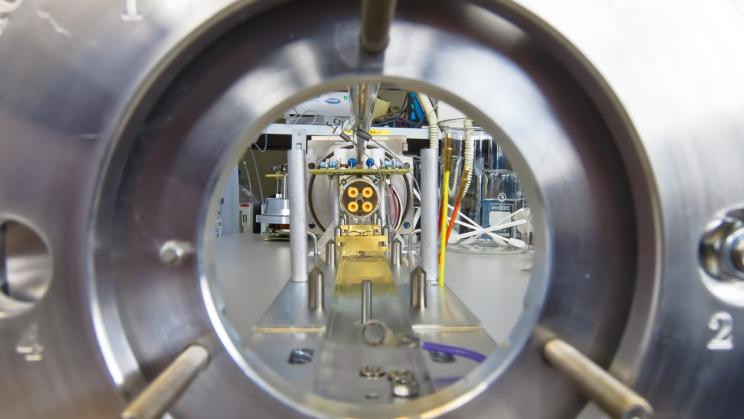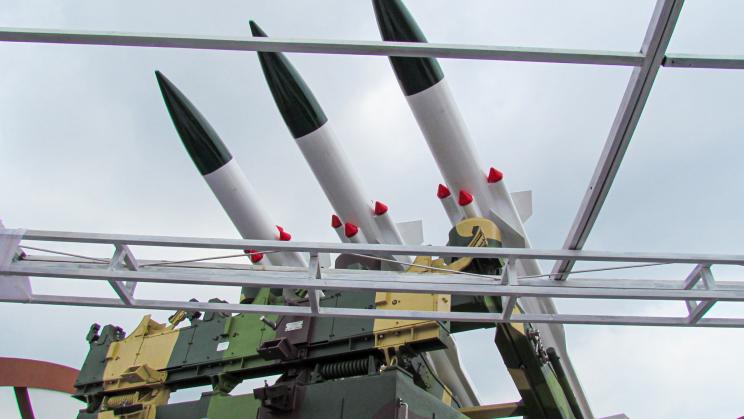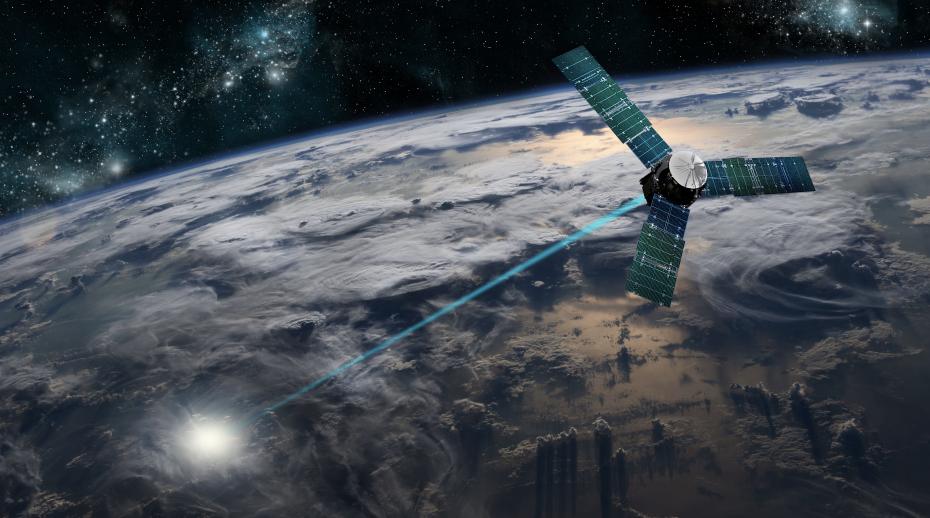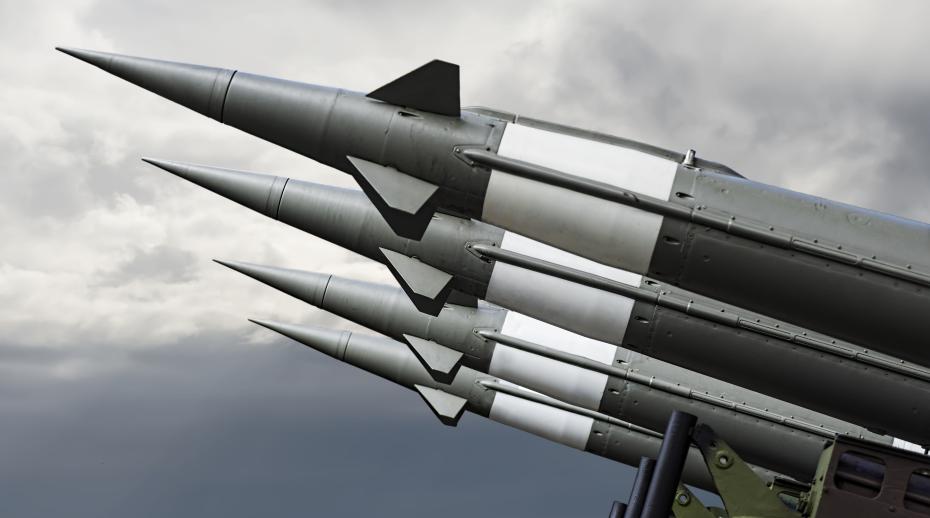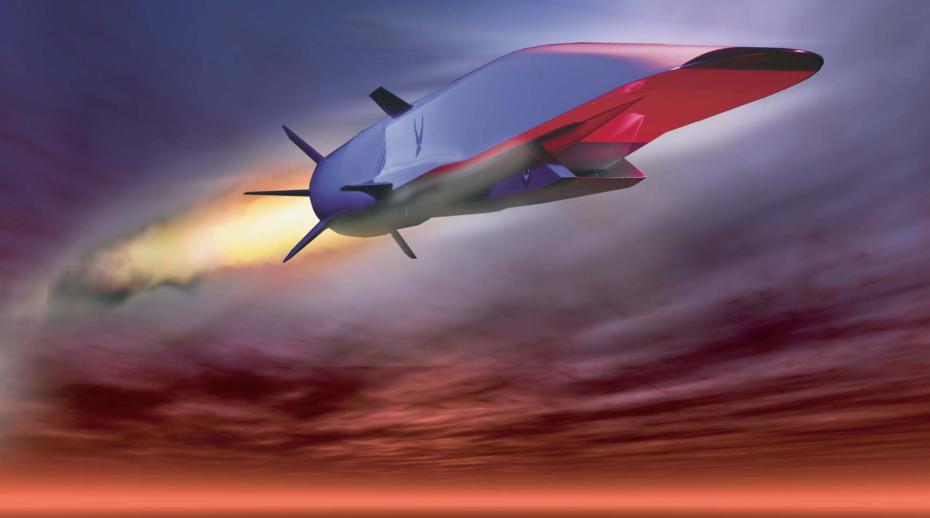Weapons of mass destruction
The Weapons of Mass Destruction (WMD) Programme at SIPRI seeks to contribute to the understanding of trends and developments pertaining to nuclear, chemical and biological weapons. It considers their implications for an increasingly complex security landscape and seeks to identify approaches to address the risks and challenges WMD pose. To this end, the Programme examines the political, institutional, legal and technical aspects of WMD governance, focusing on international efforts at arms control and disarmament, materials security and non-proliferation, and risk reduction.
SIPRI is one of six institutes managing the European Union Non-Proliferation and Disarmament Consortium (EUNPDC), a group of research centres and think tanks that promotes the non-proliferation of WMD. SIPRI also chairs the Alva Myrdal Centre for Nuclear Disarmament (Uppsala University) working group on ‘Nuclear Disarmament in Policy and International Law’.
RESEARCH INITIATIVES
SIPRI closely monitors JCPOA implementation, tracks efforts to establish a regional WMDFZ, and follows related issues such as sanctions, missile proliferation and broader regional security trends.
SIPRI analyses the causes behind the current Russian–US nuclear arms control deadlock and examines concrete measures to mitigate or overcome them.
SIPRI conducts research on nuclear postures and security trends in North East Asia.
SIPRI conducts research to facilitate both nuclear disarmament and non-proliferation, and it analyses developments related to the NPT and the TPNW, including the interrelationship between the two treaties.
SIPRI conducts research on various nuclear security issues including nuclear forensics.
SIPRI explores themes such as strategic asymmetry, territorial disputes, changes in nuclear postures and the impact of emerging technologies on nuclear dynamics in South Asia.
SIPRI analyses developments and different dimensions of space security in the context of strategic armament dynamics.
SIPRI tracks the trends and developments in nuclear forces and doctrines, with a particular focus on monitoring global inventories of nuclear weapons.
